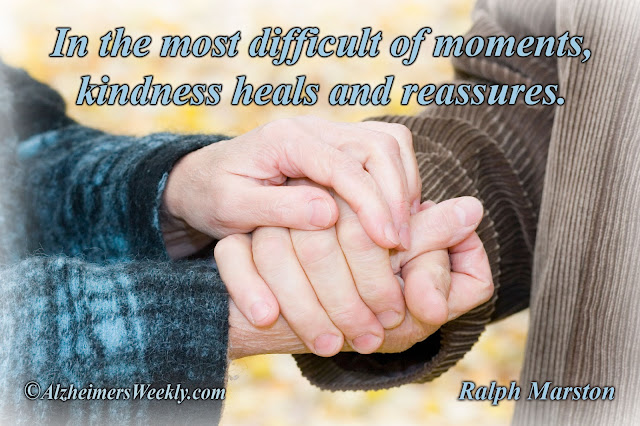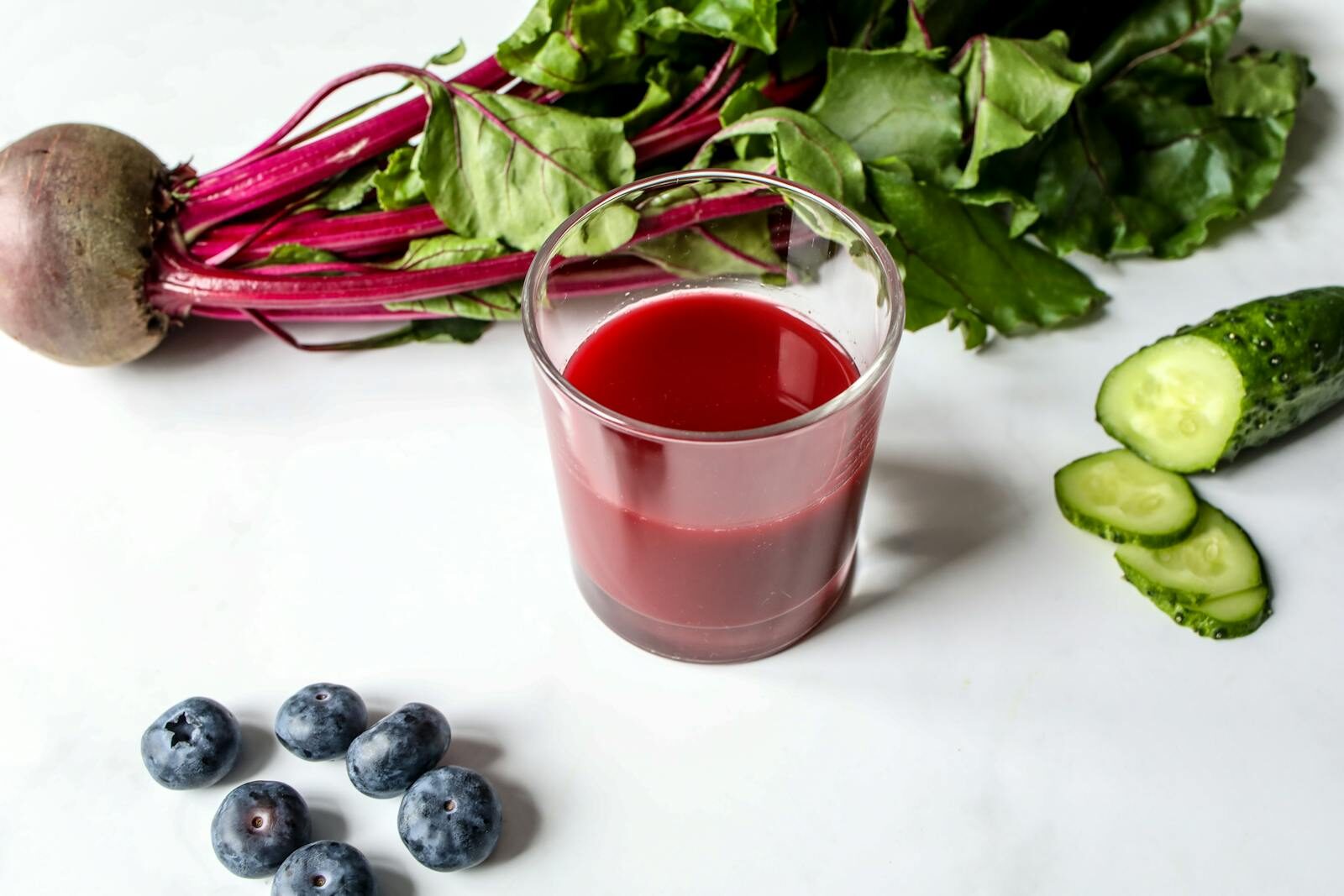
60,000 on Med Diet, 23% Less Dementia Risk
Eating a traditional Mediterranean-type diet – rich in foods such as seafood, fruit, and nuts – may help reduce the risk of dementia by nearly 25%, researchers say.

Eating a traditional Mediterranean-type diet – rich in foods such as seafood, fruit, and nuts – may help reduce the risk of dementia by nearly 25%, researchers say.

DEMENTIA DIET TIPS – VIDEO: What’s tasty and what’s not for people with Alzheimer’s? Find out from Teepa Snow. Learn what to expect when medication is mixed with food. Turn meals into a real time for connecting.

Neurologist Jason Morangales offers a plain-English discussion on the famous Alzheimer’s nickname, “Type-3 Diabetes”. Learn about its connection to nutritional brain health.

DIET RESEARCH: Learn how diet, exercise and watching your weight will prevent insulin-resistance, and as a result, protect your brain.
Memory is particularly vulnerable to the effects of insulin resistance, according to a 20-year study.

There is a significant and direct correlation between the health of our mouths and our
brains. Dr. Katie Lee dives into the research behind the mouth-mind connection, how to prevent disease, and best practices for overall health and wellness.

Diabetes and prediabetes are dementia risk factors. They affect 1 in 7 adults! Learn about new research to lower that risk with lifestyle and drugs.

DIET VIDEO: What is the link between weight loss, mental performance, decision-making and dementia risk?

Our change in diet has been proposed as being the underlying reason for the dramatic increase in the prevalence of Type II diabetes that we are observing worldwide in our time. What’s that doing to our brains?

A preclinical study finds that a natural component in basil reduces neurotoxicity in the Alzheimer’s brain. Learn more.

Older adults with a genetic predisposition to Alzheimer’s disease may benefit from fish oil supplements.

Researchers find education and intellectual stimulation appear to activate a genetic program in the brain that promotes resistance to cognitive decline. Find out more.

SOCIALIZING in your 50s and 60s strongly predicts less dementia later on. Learn why, from new research by University College London. See Ohio State University demonstrate how true it is, from animals to people.

In the most difficult moments, Kindness heals and reassures.

The protein BDNF builds synapses in the human brain, nurturing brain cells and fighting off dementia. While there is no artificial way of boosting it, social and cognitive activity can.

People may not have easy access to sophisticated, expensive dementia tests. A simple test from Einstein Medicine uses a stopwatch and a few questions to determine one’s risk of dementia. The potential payoff could be tremendous for individuals, their families and society.

Ketone-rich diets increase the SIRT3 protein that protects neurons from death during the progression of Alzheimer’s disease. But how does it work? Find out more.

People worry about becoming forgetful. Is it the first sign of Alzheimer’s or just the passing years? After all, forgetfulness is a normal part of aging. Check out these quick ways to tell the difference.
No spam, only news and updates.


